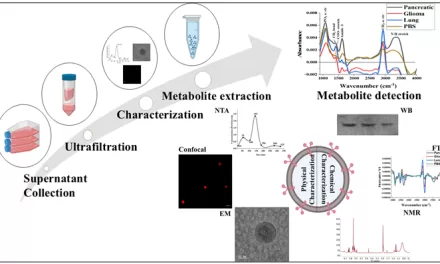Recent findings published in eBioMedicine have uncovered a significant link between insomnia and increased mortality rates in women diagnosed with ovarian cancer (EOC). Conducted by researchers from various institutions, including the United Kingdom Biobank and 23andMe, the study utilized a genome-wide association approach to explore the genetic determinants of insomnia and their impact on EOC outcomes.
Ovarian cancer remains a formidable health challenge, claiming nearly 13,000 lives in the United States alone in 2022. Early detection is notoriously difficult due to vague symptoms that often manifest only in advanced stages, contributing to its high mortality rates. Furthermore, the cancer’s recurrence rates underscore the urgent need for novel approaches to improve patient prognoses.
The study focused on insomnia, the most prevalent sleep disorder among EOC patients, affecting up to 60% of individuals with the disease. Insights gained from genetic data highlighted a 60% higher risk of endometrioid EOC among those suffering from insomnia. Notably, other types of ovarian cancer, such as clear cell EOC and high-grade serous EOC (HGSOC), showed reduced risks of 50% and 20%, respectively, in individuals with insomnia.
“The findings suggest a complex interplay between sleep disturbances and ovarian cancer subtypes,” remarked Dr. [Researcher Name], lead author of the study. “Understanding these genetic associations could pave the way for targeted interventions to mitigate cancer risks and improve treatment outcomes.”
The study employed Mendelian randomization, a robust method for assessing causal relationships between modifiable factors and clinical outcomes. By analyzing data from over 66,500 women, including genetic information from the Ovarian Cancer Association Consortium (OCAC) GWAS, researchers identified specific genetic markers associated with both insomnia and ovarian cancer mortality rates.
Moreover, the research delved into biological mechanisms potentially linking sleep disorders to ovarian cancer, highlighting the roles of hormones like leptin and pathways such as Akt signaling. These pathways are known to regulate cell proliferation and survival, suggesting a plausible mechanism by which sleep disturbances could exacerbate cancer progression.
Dr. [Researcher Name] emphasized, “Our findings underscore the importance of addressing sleep disorders in cancer management strategies. Interventions targeting sleep quality could potentially influence cancer outcomes, offering new avenues for therapeutic development.”
While the study provides compelling insights, further research is needed to validate these genetic associations and elucidate precise mechanisms driving the observed correlations. Nevertheless, the study’s implications for clinical practice are profound, suggesting that improving sleep quality may constitute a critical aspect of holistic cancer care.
Reference:
Wang, H., Reid, B. M., Richmond, R. C., et al. (2024). Impact of insomnia on ovarian cancer risk and survival: a Mendelian randomization study. eBioMedicine. doi:10.1016/j.ebiom.2024.105175.
This groundbreaking research not only sheds light on the intersection of sleep disorders and cancer biology but also underscores the potential for personalized medicine approaches in oncology.












